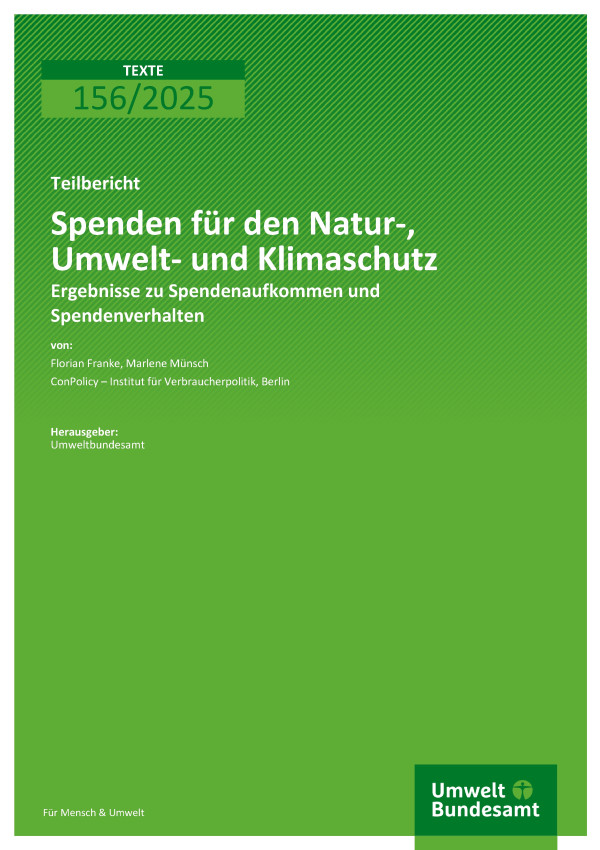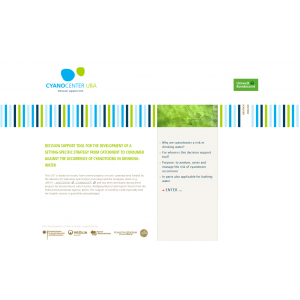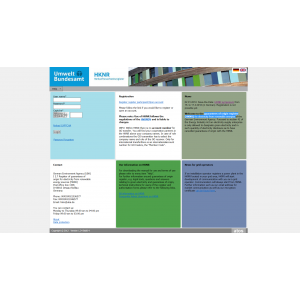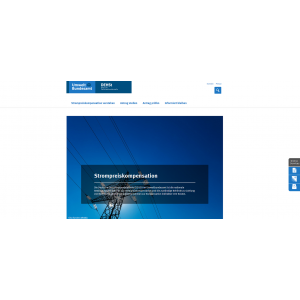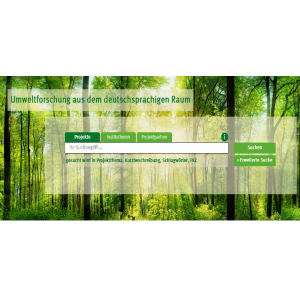The mechanism, which protects against carbon leakage and thus against the relocation of industrial production outside Europe, will be limited to large import volumes of relevant basic materials produced outside the EU. Small importers in the basic materials sector will be exempt from the obligations as of January 1, 2026. read more
CBAM simplified: 90% of Companies Exempt from CO₂ Border Adjustment
















